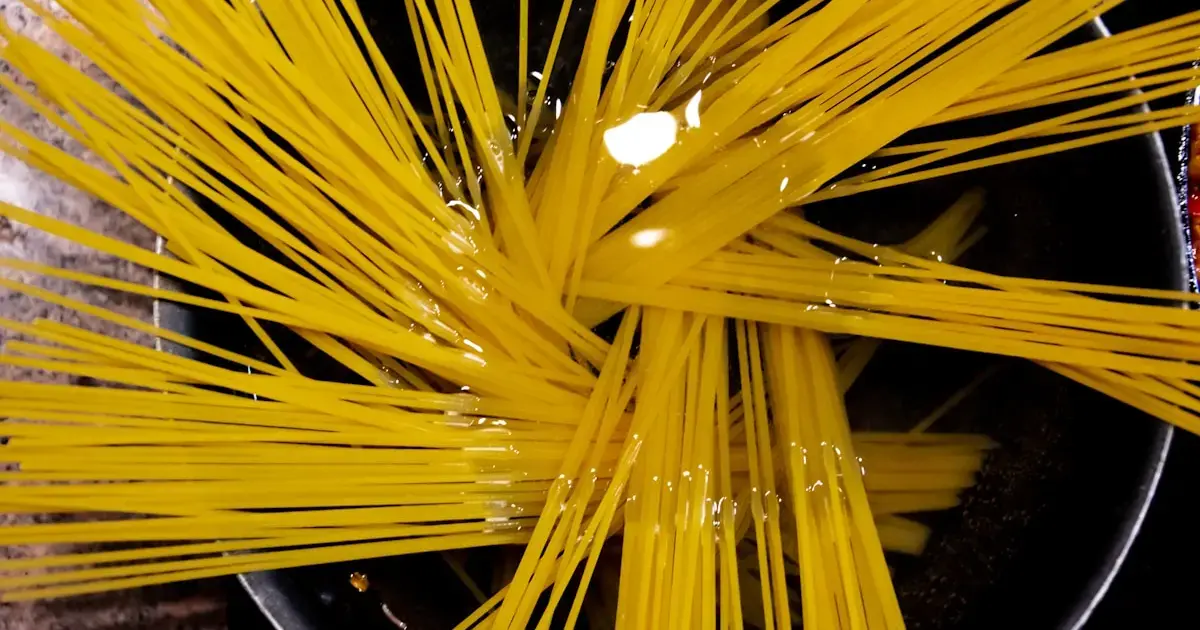 As a result, it often turns into a mushy, under-seasoned mass. A new study from Lund University in Sweden, led by senior lecturer in chemistry and physics Andrea Scotti, focused on how to cook the perfect .
As a result, it often turns into a mushy, under-seasoned mass. A new study from Lund University in Sweden, led by senior lecturer in chemistry and physics Andrea Scotti, focused on how to cook the perfect .
Spaghetti According to Science
One of the key secrets to this dish lies in the amount of that should be added to the water before it boils. The second secret involves the gluten found in the pasta, as reported by Daily Mail.
Researchers determined that to prevent spaghetti from falling apart during cooking, you need to add 7 grams of salt per liter of water, which is equivalent to about 1.25 teaspoons.
“Cooking pasta with the right amount of salt is not just a matter of taste. We found that salt not only enhances the flavor of the pasta but also significantly affects the microstructure of the spaghetti, and thus the entire cooking process,” noted Mr. Scotti.
During the study, scientists employed advanced technologies such as particle accelerators and neutron facilities. This was primarily to understand how the internal structure of spaghetti changes during cooking.
It turned out that gluten plays a crucial role in protecting the structure of pasta. “In regular , it acts as a protective mesh that retains the starch,” explained the lead researcher.

The team also studied the behavior of gluten-free pasta during cooking. Andrea Scotti commented on the observations: “Gluten-free pasta, which contains an artificial matrix, performs optimally only under the right cooking conditions—otherwise, it easily falls apart.”
Researchers reported that the most extreme example of such degradation occurred when gluten-free spaghetti was cooked for too long (up to 13 minutes) in very salty water.
“Our results showed that regular pasta has better tolerance or structural stability under suboptimal cooking conditions, such as overcooking or adding too much salt to the water,” added Mr. Scotti.
His team also discovered that to achieve the ideal consistency, pasta should be cooked for 10 minutes. The scientists also reminded us of an important ratio: for every 100 grams of spaghetti, one liter of water should be used.
The researchers expressed hope that their findings will help develop more durable alternatives to gluten-free pasta that can withstand greater stress during cooking.
The conclusions of the study were published in the journal Food Hydrocolloids.
Photo: Unsplash
